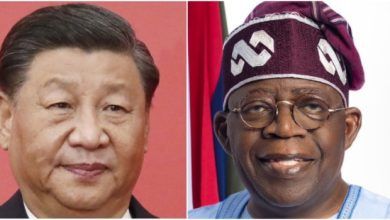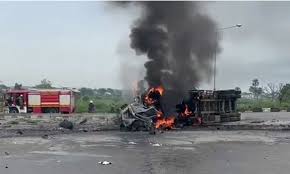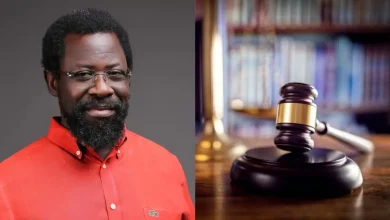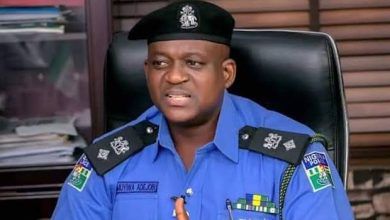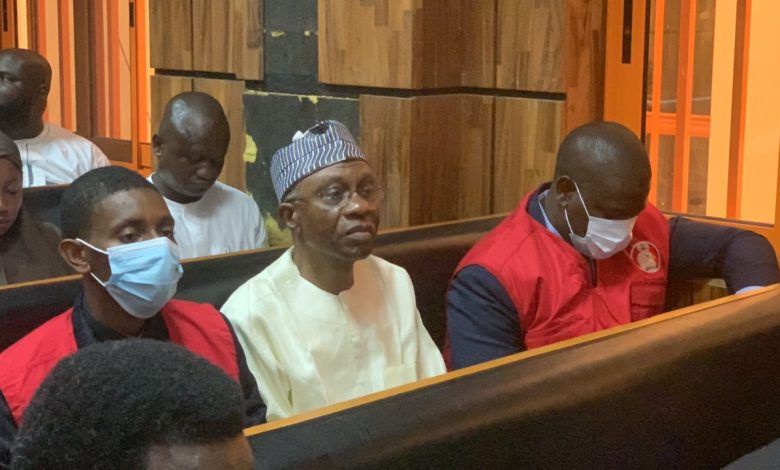
The former governor of the Central Bank of Nigeria (CBN), Godwin Emefiele, has requested the Federal Capital Territory High Court in Abuja to block the Economic and Financial Crimes Commission (EFCC) from presenting additional witnesses in his ongoing procurement fraud trial.
Emefiele’s lead counsel, Matthew Burkaa (SAN), argued on Monday that since the EFCC initially listed only 10 witnesses in its proof of evidence, it should not be permitted to bring in more.
However, the EFCC’s prosecuting counsel, Rotimi Oyedepo (SAN), opposed the application, stating that additional testimonies were necessary for a fair and thorough trial.
Oyedepo emphasised that barring the EFCC from calling more witnesses would violate the agency’s right to a fair hearing. After hearing arguments from both sides, Justice Hamza Muazu adjourned the ruling until March 20.
Emefiele is facing 20 counts of criminal breach of trust, forgery, and conspiracy in the case marked FCT/HC/CR/577/2023. He is also accused of abusing his position as CBN governor to confer corrupt advantages on two companies—April 1616 Nigeria Ltd and Architekon Nigeria Ltd.
During Monday’s proceedings, the EFCC’s 10th witness, Salawu Gana, testified that the contract awarded to April 1616 for the procurement of vehicles for the CBN adhered to procurement laws and CBN guidelines.
Under cross-examination by Emefiele’s lawyer, Gana stated that the CBN Procurement Department evaluated all submitted quotations and awarded the contract to April 1616 because it offered the lowest price.
He also said Emefiele only approved the contract based on recommendations from the CBN Tenders Board and that the vehicles were supplied and April 1616 was paid as recommended by the board.
According to him, Emefiele was not a member of the CBN Tenders Board and no evidence exists linking payments from April 1616’s bank account to Emefiele.
He stated further that Emefiele was neither a director, shareholder, nor signatory to April 1616’s bank account.
Gana also testified that Emefiele did not influence the procurement process in favour of April 1616 and had no direct oversight over procurement staff.
The EFCC, represented by its counsel, submitted bundles of exhibits pertaining to the bidding process for 45 different contracts involving April 1616, RT Briscoe, and Globe Motors. However, Gana argued that April 1616 secured the contracts due to its submission of the lowest quotations.

